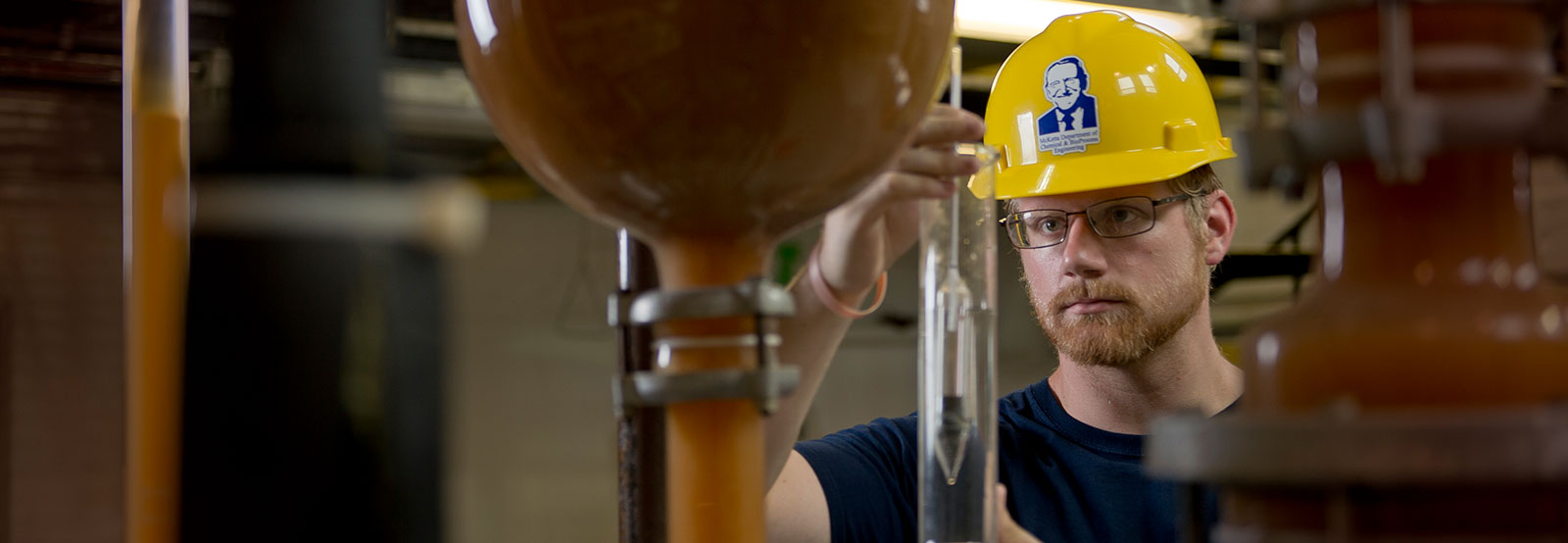Internships and Co-ops

Students have access to Handshake to view internships and full-time opportunities available to them.
Below is a list of other helpful job posting sites. Most of these sites can be used to search for both Full-time and internship opportinities. Some of these sites hosts webinars, career fairs or events that are helpful for students.
Disclaimer- We do not endorse any of these sites over another. We are not responsible for the postings that you find there. If you ever have concerns with any of these sites please contact your career center as soon as possible.
Job Scams- Be aware when you are job searching, you will likely receive more emails. Be on the look out to make sure you do not get scammed. If you have questions about an email you receive from an "employer". Please ask your career center for help before responding. Be wary of any company that wants you to send them money or send you money upfront.
|
Cybersecurity Jobs- |
International Jobs- |
|
Government and Defense Jobs-
|
Additional Sites- |
|
Information Technology Jobs- |
Virtual Career Fairs- |
|
Additional Resources- |